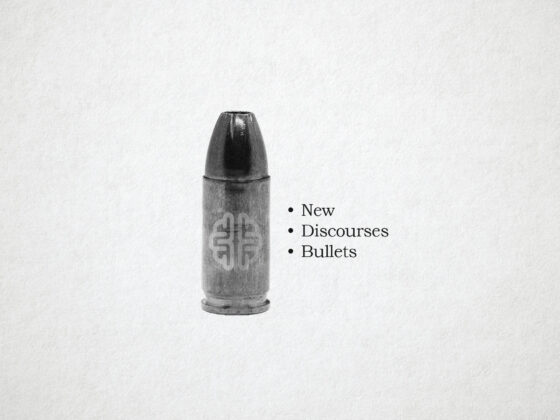New Discourses Bullets, Ep. 65
One of the hottest topics in education (and beyond) right now is “resilience.” Youth mental health initiatives are being launched and entrenched all over the country, not just through school counseling but also through Social-Emotional Learning (SEL) initiatives, and their goal almost always includes “fostering emotional resilience.” What is meant by “resilience” in the Woke Marxist context, though? We know it must mean something. In this episode of New Discourses Bullets, host James Lindsay draws from a UNESCO source and explains that “resilience” refers to the opposite of “fragility,” which means taking your brainwashing well. Join him to understand why these initiatives are not at all what they seem to sell themselves to be.
Additional episodes of New Discourses Bullets can be found here.
Subscribe to New Discourses Bullets on SoundCloud, Apple Podcasts, Spotify, Amazon Music, Pandora, YouTube, Rumble, Odysee or by RSS.









1 comment
In a larger context, “resilience” means the ability to resist, fight back, or take constructive action against a disruption that is causing a problem. For example, a resilient farm is better able to survive draughts, floods, diseases, etc, by the way it is managed. A fragile farm would suffer crop failures from even relatively minor deviations from normal ecological conditions, couting on big crops in normal times and financial rescue plans to weather the failures.
A resilient response to accusations of white fragility would be to fight back – to point out, for example, that these accusations are a form of abusive gaslighting, a Kafka Trap, unless compelling evidence of racism is provided. In fact, if the accusations are based on the dogma that “all whites are racist”, or something similar, then the accusations constitute anti-white racism in themselves. Then become an activist – join with others to get these DEI workshops changed or stopped.
That’s the ultimate form of resilience – to not “take it lying down” but to be prepared to fight back (= activism). Check out www. resilience.org to read about many ways to do this in the ecological context.